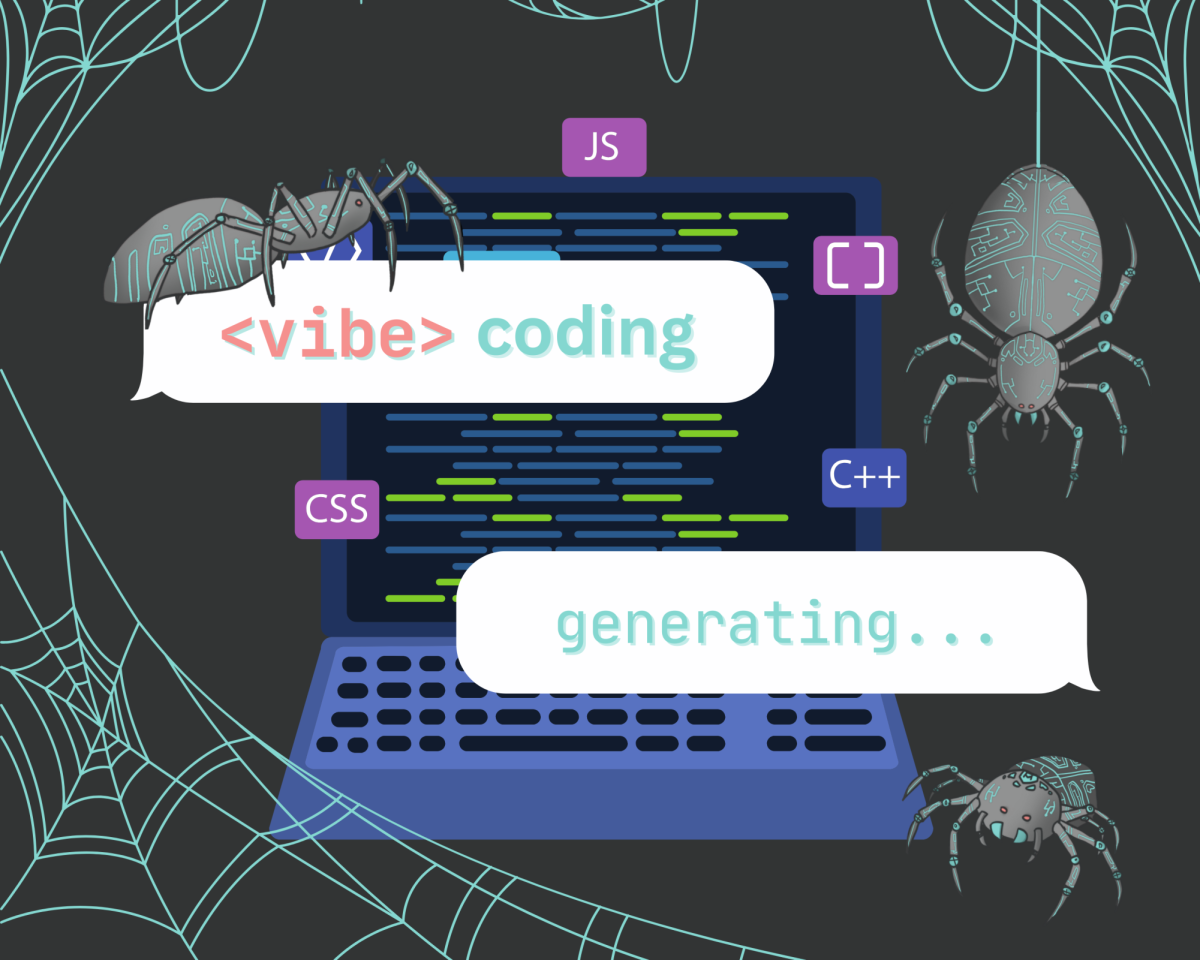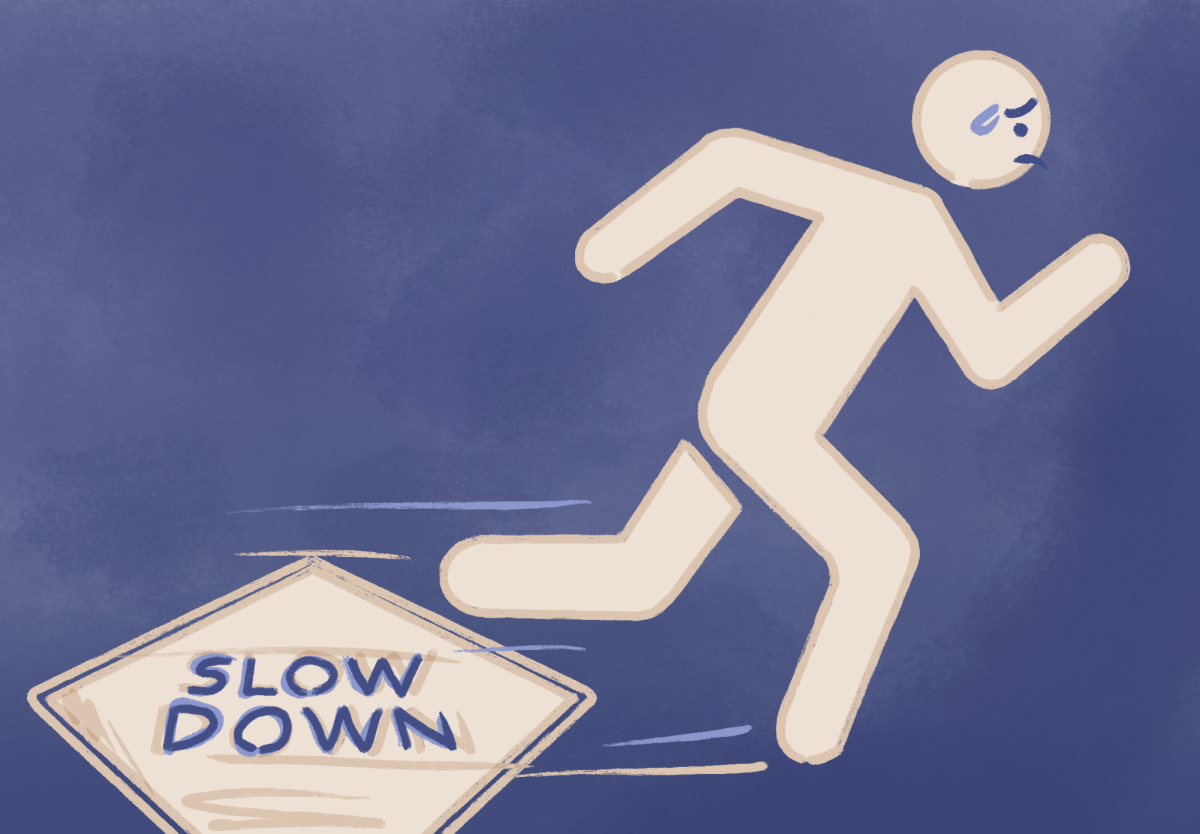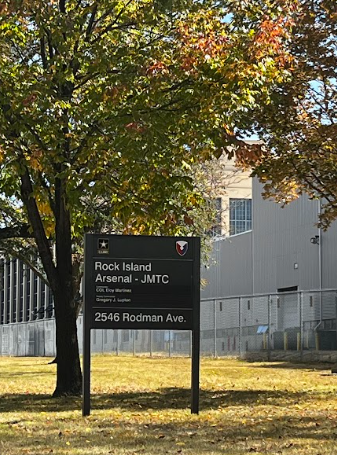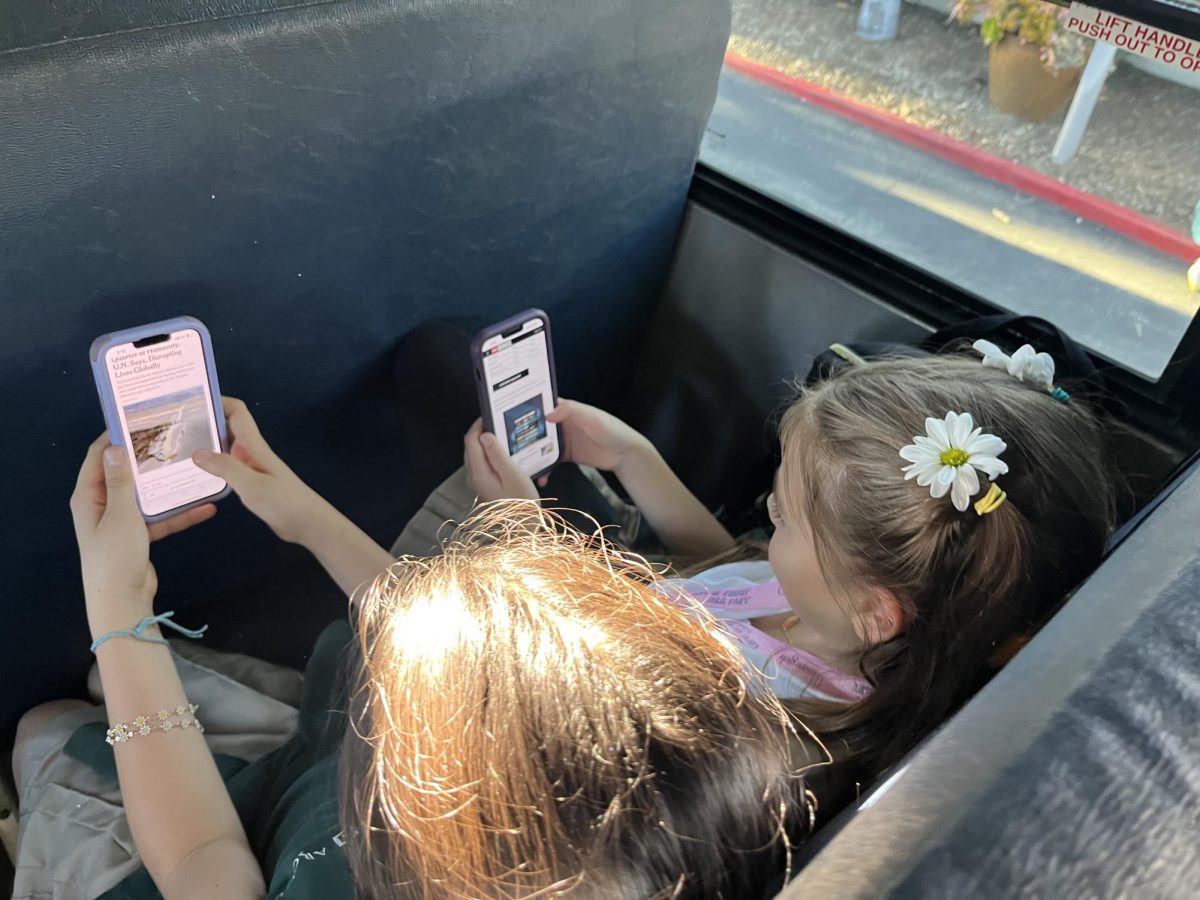Disclaimer: This article mentions mature and sexual themes and may not be suitable for younger readers.
For many Archer upper schoolers, it is typical to wake up to a “The Morning” email from The New York Times waiting in their school inbox. Other students may opt for a quick listen to “CNN’s 5 Things” on the bus ride to school. Archer’s Tia Palermo Library currently subscribes, and therefore gives the student body access, to large newspapers including The Wall Street Journal and The Washington Post.
These habits reinforce the beneficial practice of staying informed in our ever-changing society; alongside this, however, residents of cities and towns across America find themselves falling into a special drought — a lack of local news. The rise of “news deserts” refers to the fact that more than one-fifth of the U.S. population — approximately 70 million Americans — live in an area with little or no access to local news, according to Northwestern University’s Medill Local News Initiative.
So, a question arises when considering truth on a smaller scale: How does the lack of accessible local news affect students’ perception of the world? How does this affect communities, the building blocks of our country?
The hard truth is that most local journalism hasn’t adapted to the way American society is changing. The shift to the digital age of news, skyrocketing due to isolation during the COVID-19 pandemic, has worked against smaller print papers without the money or resources to create websites, direct audience traffic and run advertisements.
Even if they manage to go digital, the press is frequently controlled by the big tech that hosts them — technology companies such as Google and Facebook often create algorithms dictating which journalistic content is distributed, taking advertising revenue in the process. This gatekeeping of information especially censors local news outlets from users who rely entirely on social media for news, leaving many citizens uninformed.
A lack of local news has profound effects on a community. Without a trusted account of events, people are prone to misinformation and are unable to follow local events surrounding political campaigns and candidates: Voter turnout tends to fall, and political polarization tends to rise. This decline in the local press also endangers publications focusing on certain racial, gendered or sexual identity groups, silencing minority voices and allowing stories written by white, male-dominated publications to tell the narrative of America.
Local journalism is equally important as national journalism in serving a watchdog role over positions of power. For example, in Memphis, local newsroom MLK50 and ProPublica investigated a nonprofit hospital that was suing their patients for unpaid medical bills, driving them to eliminate the debts of more than 6,500 patients who otherwise would have continued suffering economic abuse.
In Chicago, the Invisible Institute and City Bureau’s two-year investigation revealed how the Chicago police had been delaying missing persons cases, and how insufficient data failed to fix the problem, greatly affecting Chicago’s Black communities. These two stories sparked awareness and activism by revealing the truth behind organizations’ corruptive actions.
Scholastic journalism isn’t always considered in the crisis of news deserts. Yet, the lack of scholastic newsrooms can also cause a surge in misinformation on school campuses. Students’ stories find a forum on school news outlets, helping to build informed communities within those schools. Student publications face unique blockades such as a lack of school funding, decreased readership lost to professional outlets and censorship by the administration.
To highlight the importance of scholastic journalism, we are showcasing in-depth student reporting which shared important truths to school communities. In May 2023, The Oracle’s then Features Editor Lizette Gonzalez (’23) and current Features Editor Maia Alvarez (’24) investigated the lack of food stipends for students on Flexible Tuition, addressing the complexities of administrative budgeting and raising awareness about the issue of student hunger. In December 2023, Harvard Westlake’s newspaper, The Chronicle, highlighted the student perspective on drug culture on campus and its effects on life at school. The Talisman’s Editor-in-Chief Marley Helfer wrote an informed opinion piece about the state of sexual education at Ballard High School, advocating against censorship of the curriculum to prevent STDs and teenage pregnancies.
These student journalists, as well as the local newspapers, were catalysts in uncovering stories unknown by the majority of the student and faculty bodies. If local news deserts, which may soon include school newspapers due to the challenges they face, continue to exterminate local news outlets, students and adults alike will be swimming in a sea of untrustworthy information under institutions with unchecked power.
We encourage our readers to work to spread awareness about stories in the communities you belong to. Research your local newspaper. If it doesn’t exist, advocate to start one. Read about the happenings of the people around you, and as a member of those communities, submit stories for those newspapers to cover.
On The Oracle, community members can submit a letter to the editor to share their opinions with the broader Archer community. Most local papers accept submissions commenting on a wide range of topics, from funding a new sport to criticizing a leader. By supporting the free press’ ability to report on local stories, you can preserve the truth for all communities that make up our country.
This story was originally published on The Oracle on January 19, 2024.


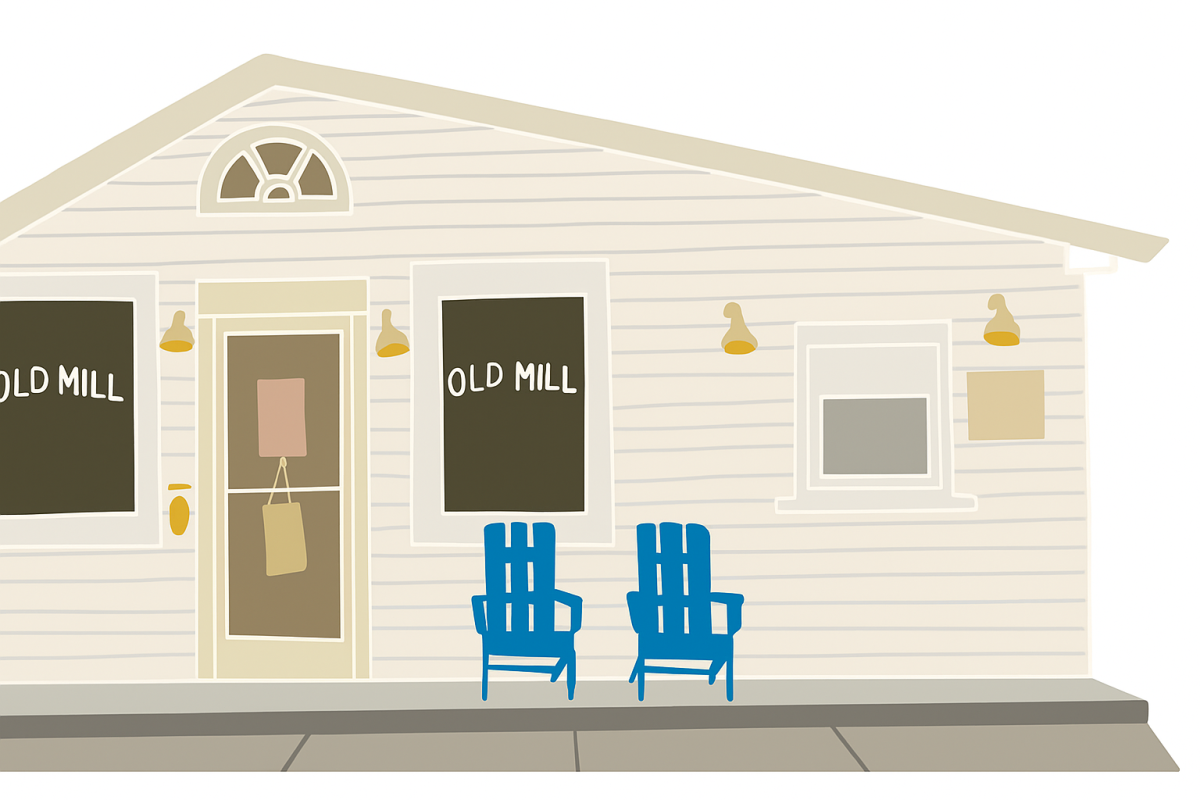


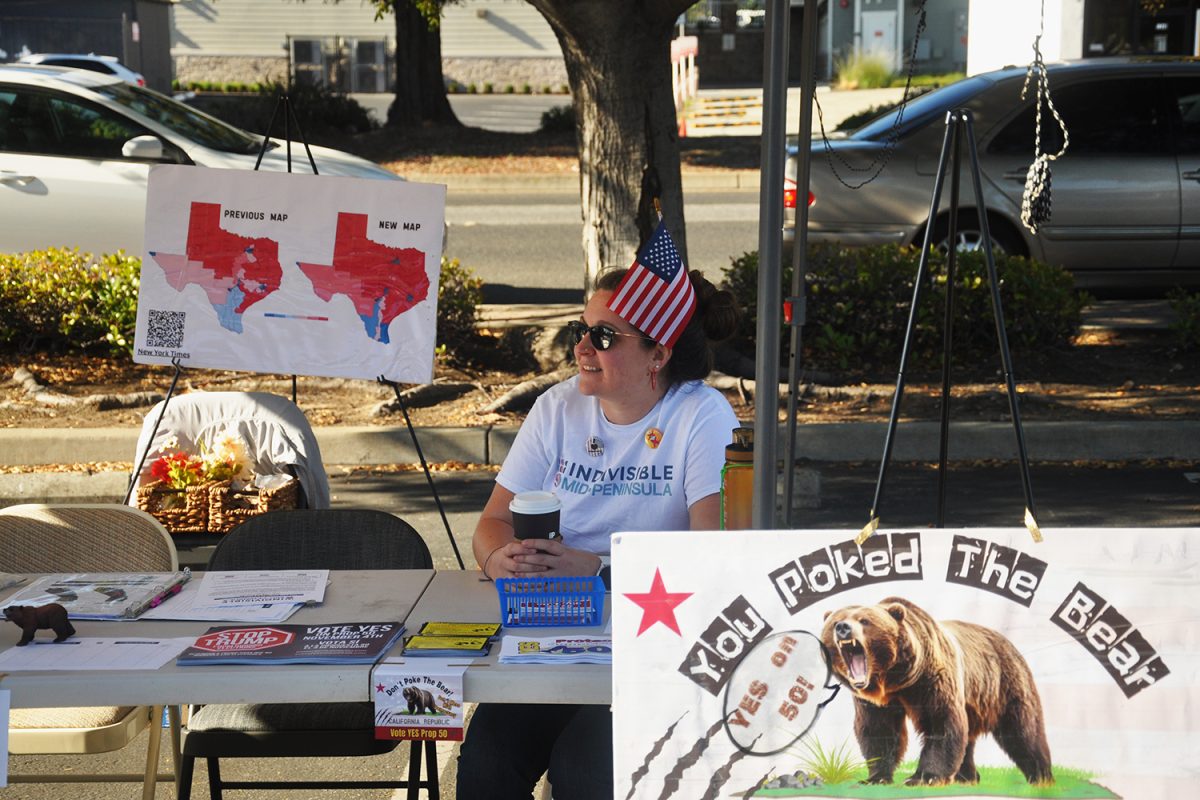

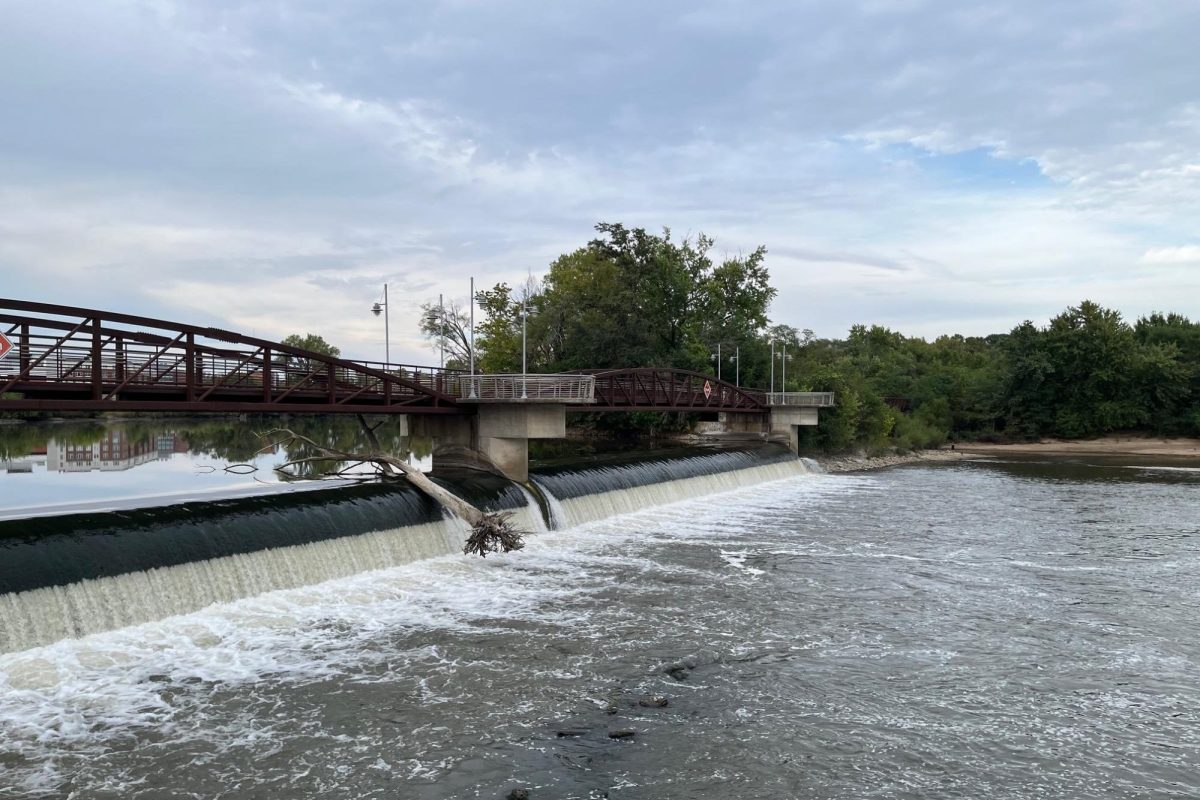

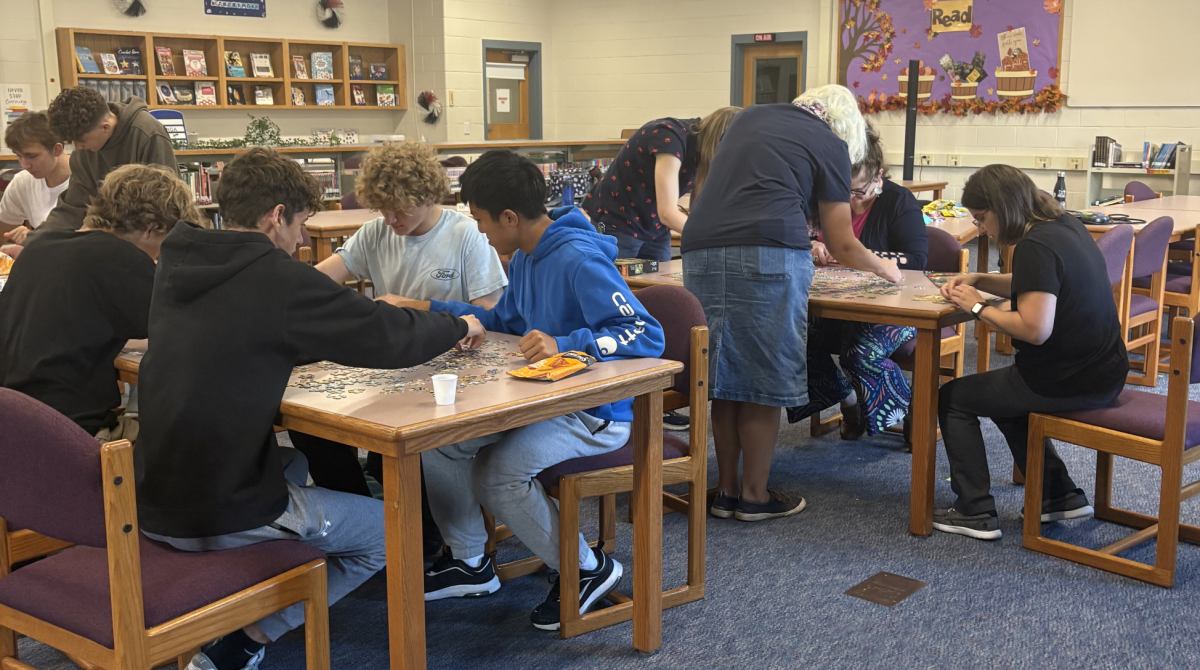
![Senior Dhiya Prasanna examines a bottle of Tylenol. Prasanna has observed data in science labs and in real life. “[I] advise the public not to just look or search for information that supports your argument, but search for information that doesn't support it,” Prasanna said.](https://bestofsno.com/wp-content/uploads/2025/10/DSC_0073-2-1200x800.jpg)









